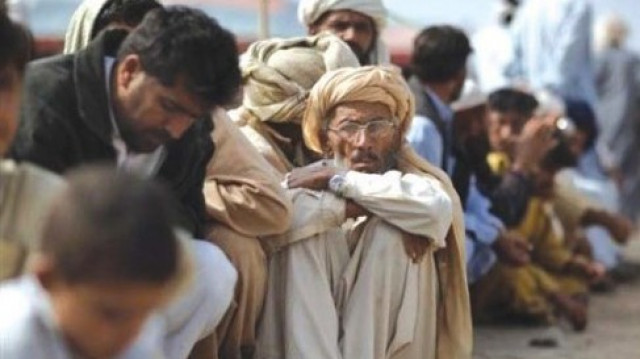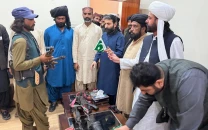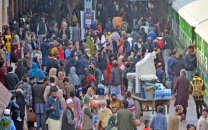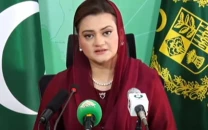Ending FATA’s political isolation

The petition maintained that except the Political Parties Act of 1962 all elections laws were extended to Fata. It said that Fata has 12 seats in the National Assembly and eight in the Senate, but political activities are not allowed in the region. “Fata is a unit of the federation, but it has been handed over to religious parties operating from mosques and madrassahs,” the petition said, adding that during elections religious parties campaigned for their candidates under the cover of religion.
The fate of this petition is not clear, while the situation has gone from bad to worse over the past few years. The entire tribal belt, right from South Waziristan up to Bajaur Agency, is now in the grip of a ruthless militancy. On August 14, 2009 President Asif Zardari announced a set of political, administrative and judicial reforms. But there has been no follow-up on this announcement.
“In order to introduce political activities in Fata, it is imperative to rid the region of the unholy alliance of al Qaeda and the Taliban,” says Professor Khadim Hussain. He believes that political isolation of Fata tribesmen is not a separate phenomenon. “This area has been separated from mainstream society politically, administratively and in terms of financial planning,” Hussain, who is associated with the Arayana Institute of Research and Regional Advocacy (AIRRA), told The Express Tribune.
“Politically, Fata is different from the rest of the country. It’s a theocracy where clerics rule the roost,” Hussain said. “Administratively, it is governed by a set of colonial era laws which are contrary to the fundamental rights enshrined in the 1973 Constitution. Financially, it is excluded from the Annual Development Programme,” he added. “All these things have made the region a ‘black hole’.” Hussain said Fata tribesmen had been taken hostage by terrorists. “First of all we will have to liberate them from the clutches of these ruthless terrorists,” he added.
Hussain said that vested interests did not want the tribal belt to join mainstream society. “Whether you call it bureaucracy, establishment or whatever name you give it, these elements are opposed to the idea of introducing reforms in the region,” he said. Justice (Retd) Mian Muhammad Ajmal, former chief justice of the Peshawar High Court who headed the FCR Reforms Committee, calls for implementation of all amendments recommended by his committee.
“Extending the Political Parties Act to Fata is not sufficient,” Justice Ajmal told The Express Tribune. He said the reforms proposed by his committee were presented in the cabinet and then to the president who had announced reforms for Fata some time back. Fata Grand Alliance leader Abdul Karim Mehsud thinks that extending the Political Parties Act was of no use for Fata.
“Tribesmen do not need any political party in Fata. Instead of handing them over to opportunist political parties, they need to be empowered,” Mehsud told The Express Tribune. He claimed that bureaucracy and policymakers, and not tribesmen, were responsible for the current mess in the tribal belt.



















COMMENTS
Comments are moderated and generally will be posted if they are on-topic and not abusive.
For more information, please see our Comments FAQ